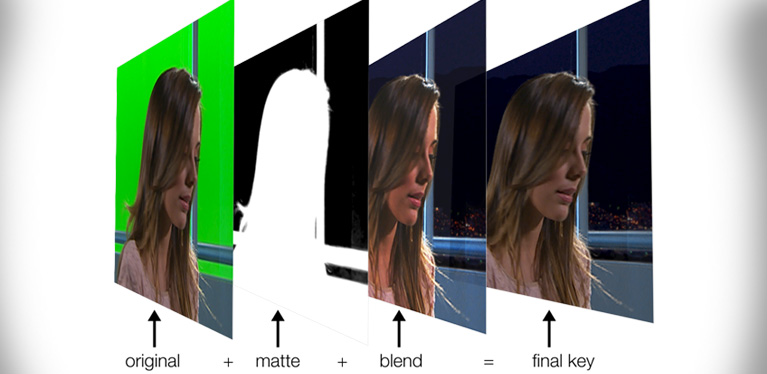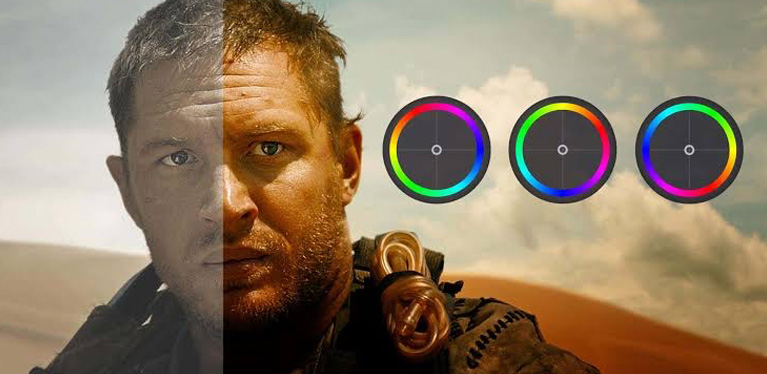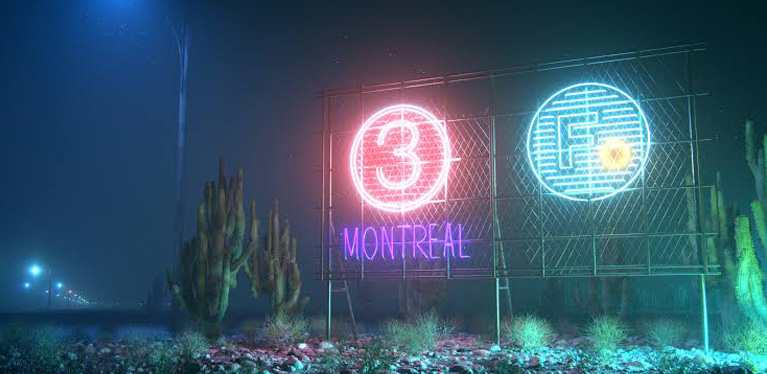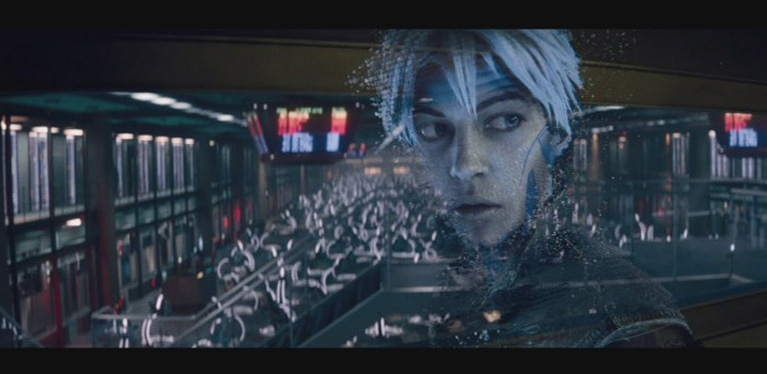VFX is all about making imaginations come to life. And as the hardwares gets cheaper with time, the softwares are more capable. And if you’re proficient enough then you’re already ahead of the curve in this cut throat competition. Once your basics are cleared, then software are just tools to work with.
Below mentioned are the core Visual Effects topics for which a deep knowledge is very crucial for aspiring VFX artists
Digital photography and imaging
Understanding cameras and how they work is as necessary to a photographer as it is for a VFX artist. In fact Digital FX is a separate term given for the augmentation of still photos. However VFX is an integration of special effects with digital imagery and a clear basics of photography can prove helpful especially in 3D animation.
3D Designing
It’s a complex process that makes you learn how there could be different approaches to situations.
Modelling, texturing, rigging- all of these are integrated, you can’t complete a scene or model by ignoring one of these. Keep working on it till you can model a sculpture with realistic wrinkles in 45 minutes or less. Moreover apart from multimedia, the applications of 3D designing is revealing itself as an untapped potential, it could be the next big thing that could shape the future.
3D Compositing
It’s an artistic and technical challenge to seamlessly blend various design elements and make it a whole. It’s a job that connects the entire department and that’s why you can’t specifically point out the work of a say modeller in a scene. Compositing visual effects involve rotoscoping, motion tracking and keying. Remember the famous bullet dodging scene in The Matrix? That’s an example of compositing history right there.

Colour correction and grading
Correction isn’t only just ‘fixing’ your images. Dynamics of a scene is accomplished through the colour and also the balance of light levels and exposure. To achieve expertise the three basics should be mastered – hue, saturation and lightness. So accurate adjustments across all your shots can elevate your work to the next level.

Lighting techniques
“The substance of painting is light” – Janice Dickinson. As it is true for painters the same holds for animators. The realism of a frame, the atmosphere of a scene relies on the shoulders of a lighting artist. Light directs the eyes, sets the mood, and maintains the continuity and much more. One needs to observe the play of light and its interaction in real life to be able to achieve mastery.

Adapting to stressful situations
This is not a topic but a skill that is a prerequisite to be a VFX artist. It’s more of a skill set than a topic to learn. Work hours in this sector can be overwhelming, especially when you start out as a fresher. Deadlines won’t have any definite dates and could pop up any moment. The ability to show up and deliver work on time can take you climb up the ladder of success.
It is important to acknowledge that at the end everything boils down to the quality of the work and the time it takes to deliver it. Hence, as a VFX artist, always keep practicing and never stop experimenting.

